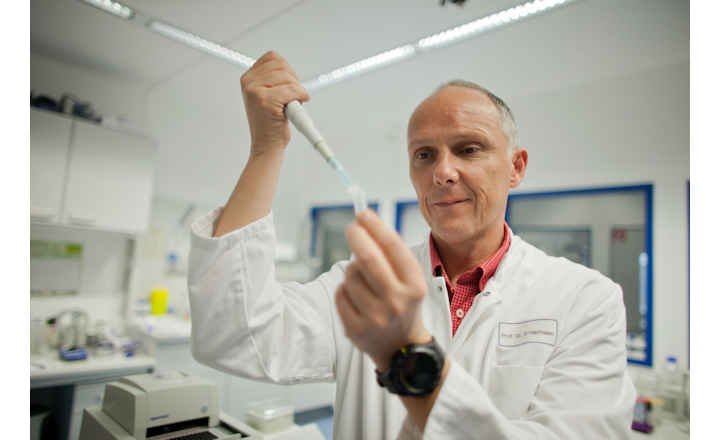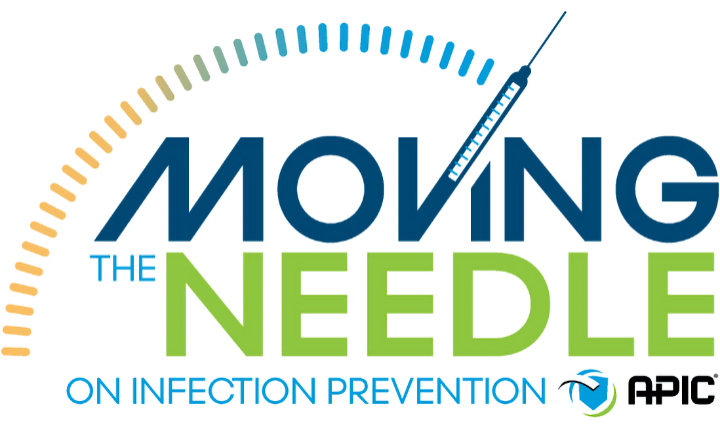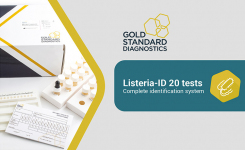Studies compiled for a book on coronavirus prevention, a collaboration between Professors in both Hygiene and Virology in Germany, has been published with urgency, to stem the 2019-nCoV epidemic.
Professor Günter Kampf from the Institute of Hygiene and Environmental Medicine at the Greifswald University Hospital and Professor Eike Steinmann, head of the Department for Molecular and Medical Virology at Ruhr-Universität Bochum say that the prevention studies they have carried out on coronaviruses like SARS and MERS apply to the 2019-nCoV.
From 22 studies on coronaviruses and their inactivation, both professors found coronaviruses to be well suited to the low temperature and high humidity in which infected individuals of 2019-nCoV have been found.
The coronaviruses studied also show an ability to survive and remain infectious on surfaces outside a host for up to 9 days. "Like all droplet infections, the virus can spread via hands and surfaces that are frequently touched. "In hospitals, these can be door handles, for example, but also call buttons, bedside tables, bed frames and other objects in the direct vicinity of patients, which are often made of metal or plastic," explains Professor Günter Kampf from the Institute of Hygiene and Environmental Medicine at the Greifswald University Hospital.
Tests with various disinfection solutions showed that agents based on ethanol, hydrogen peroxide or sodium hypochlorite are effective against coronaviruses. If these agents are applied in appropriate concentrations, they reduce the number of infectious coronaviruses by four so-called log steps within one minute: this means, for example, from one million to only 100 pathogenic particles. If preparations based on other active ingredients are used, the product should be proven to be at least effective against enveloped viruses ("limited virucidal activity"). "As a rule, this is sufficient to significantly reduce the risk of infection," explains Günter Kampf.
The experts assume that the results from the analyses of other coronaviruses are transferable to the novel virus. "Different coronaviruses were analysed, and the results were all similar," concludes Eike Steinmann.
The recently published paper is available here























